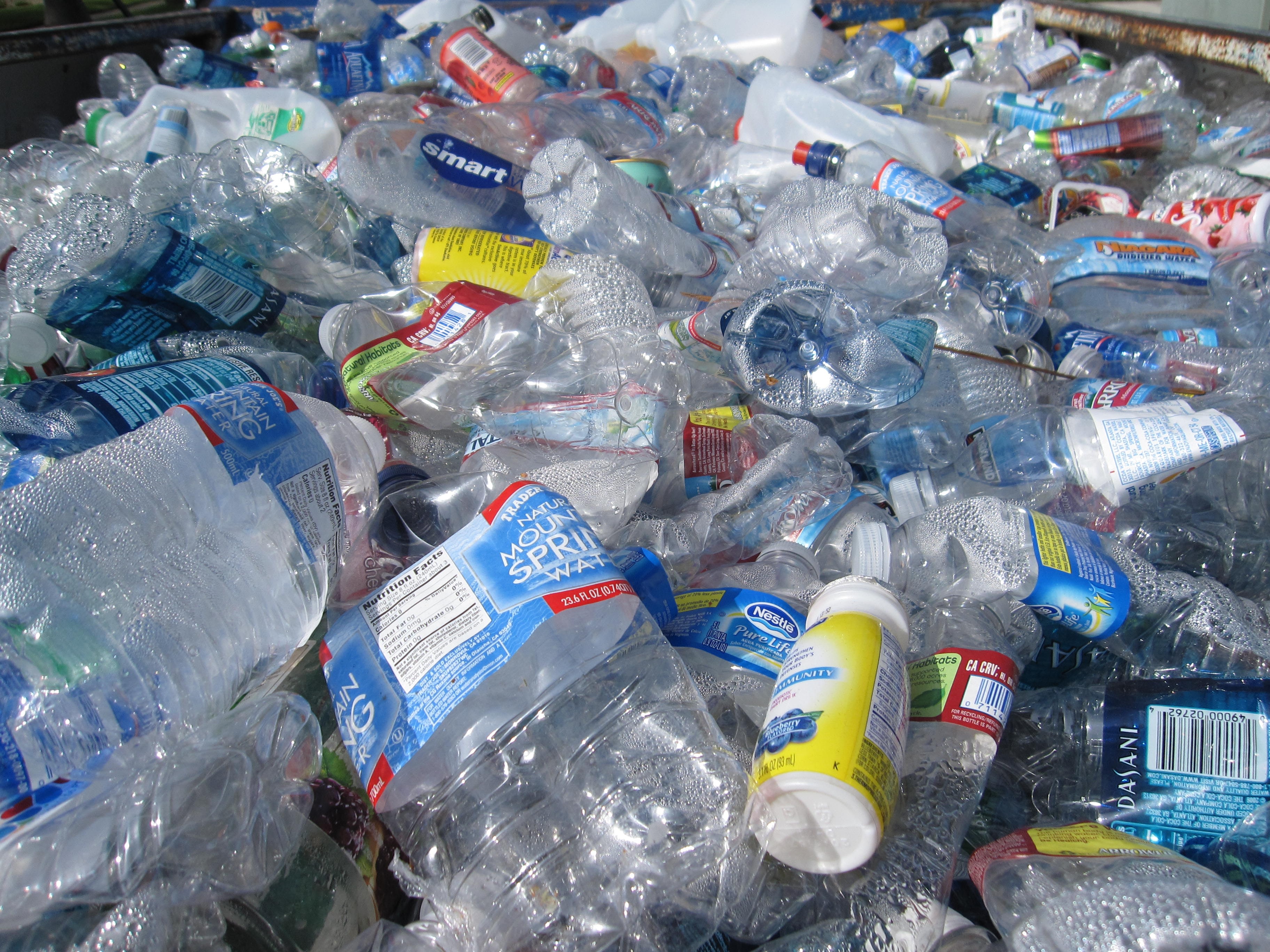How Corporations Sold The Idea Of Bottled Water

One of the most damaging - but disturbingly brilliant - ideas corporations have done is turn a natural resource into a pricy commodity: water. Today, it’s not out of the ordinary for people to have access to a dizzying array of bottled water, with each one slightly distinct from one another.
Further to the point, an entire industry has been carved out where individuals can taste water - similar to wine-tasting sommeliers. Depending on where the water was harvested, there are different kinds of minerals and resultant flavour profiles that play into the market positioning, and therefore for the pricing, of bottled water. Water, apparently, like wine, has terroir.
In the end, the entire industry is a scam, since water from faucets is generally fine to drink - with some exceptions. This is on top of the fact that buying water from a box or a can is nothing short of greenwashing if the company says it’s greener than bottled water. So why are we so obsessed with them? And how did corporations ever convince us this was a good idea?
A Symptom Of Larger Issues
Our need for bottled water is a small part of a bigger picture and our behaviour around bottled water can also explain a lot of our attitudes towards bottled products and general consumption. Our need for bottled water stems from the following:
Declining trust in public water systems.
Advertising and marketing that leveraged this distrust.
And that we’ve been trained since birth to buy, consume, and throw away.
In the case of bottled water, there were other factors involved, notably fear and laziness which marketing leveraged too.
Marketing Sensationalised It
Companies have a wide variety of tactics and money at their disposal to ensure people will buy their products. Through marketing tactics, corporations have been able to say water is healthier than soda - which it is - but also better than tap water. The latter is explained through images of purity, packaging, or having a celebrity talk endorsement.
SmartWater, for example, had Jennifer Aniston saying it’s “smart because it’s made that way”. Even though Aniston is no longer partnered with them, SmartWater now has other celebrities like Gal Gadot, Zendaya, and Pete Davidson.
These are the same kinds of tactics that boxed water companies employ as well. Though instead of celebrities, they show how it’s “greener” despite this not being true. They play on our morality and point at the problem that we’ve created, but don’t try to solve it.
Second Is Laziness
After hyping up the bottle, we keep to the habit through some degree of laziness. If we have to go out or we’re driving for a long time, it’s clear we’re going to need water at some point. It’s more convenient in several situations to pick up a bottle of water at a store rather than trying to find a faucet.
This problem has been further enhanced in areas where water fountains are no longer around. In the end, it’s simpler for you to spend a few dollars on water now.
Third Is Fear
Notably, fear of dehydration. Soda companies for decades leaned into this as well, though people eventually caught on that soda doesn’t quench their thirst as well as water. That’s where water swoops in, reminding people that the only real quencher is their bottled water.
But another part of that fear is the fear of faucets. By law, whenever there is a problem with public water systems, the public needs to be informed. This is where you’d hear notices about boiling water.
In terms of public health, this can be a good thing, as it can mitigate how many people get sick from the water. However, it works as a double-edged sword as it increases concern about the quality of water that’s from the taps - even though there’s no reason for such concern.
Corporations leveraged this over the years, positioning their water as always pure and trustable, despite the industry not being underregulated and subject to false claims..
How Can We Stop This?
What feels like a middle-of-the-road approach is having a water filter, but that too causes problems. The filters could be filtering something that isn’t even there or doesn’t filter what needs to be filtered. This is on top of having the filter replaced or else risk water contamination.
What’s better is for us to build our trust in water systems again and ensure that governments are putting systems in place to make regulation - of both the industry and tap water - better all around. This involves water utilities being prioritised for communications and infrastructure funding.
Beyond that, we haven’t even touched the fact that plastic packaging accounts for the greatest share of global plastic use. Further fossil fuel extraction should be halted, but the use factor of the fossil fuel resources we have should be allocated to more critical products and services than water bottles. This in-depth overview provides useful insight into where our plastic addiction stands.
Perhaps it’s time we quit the habit.
For industry news around environmental topics, follow our page here.

